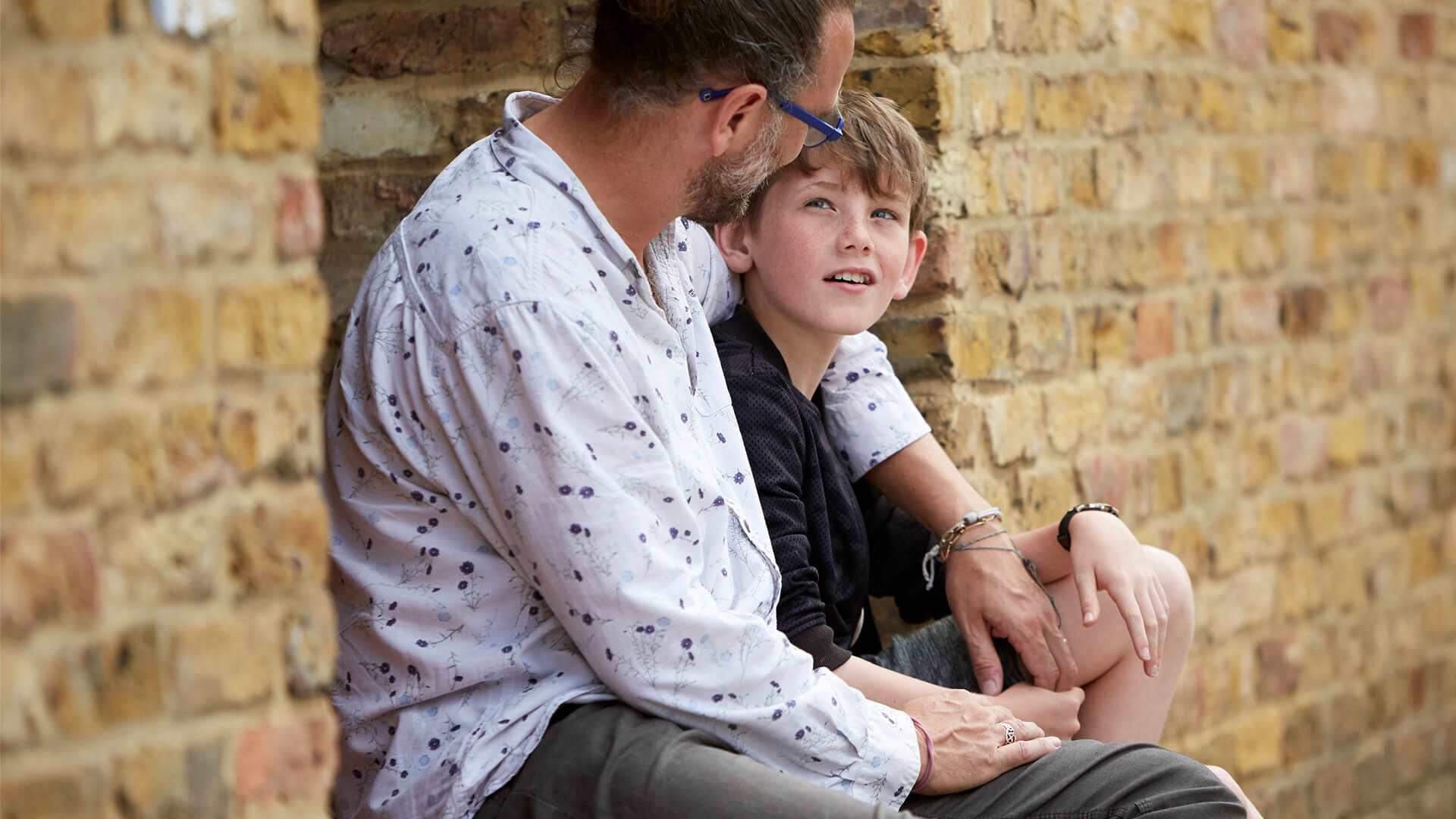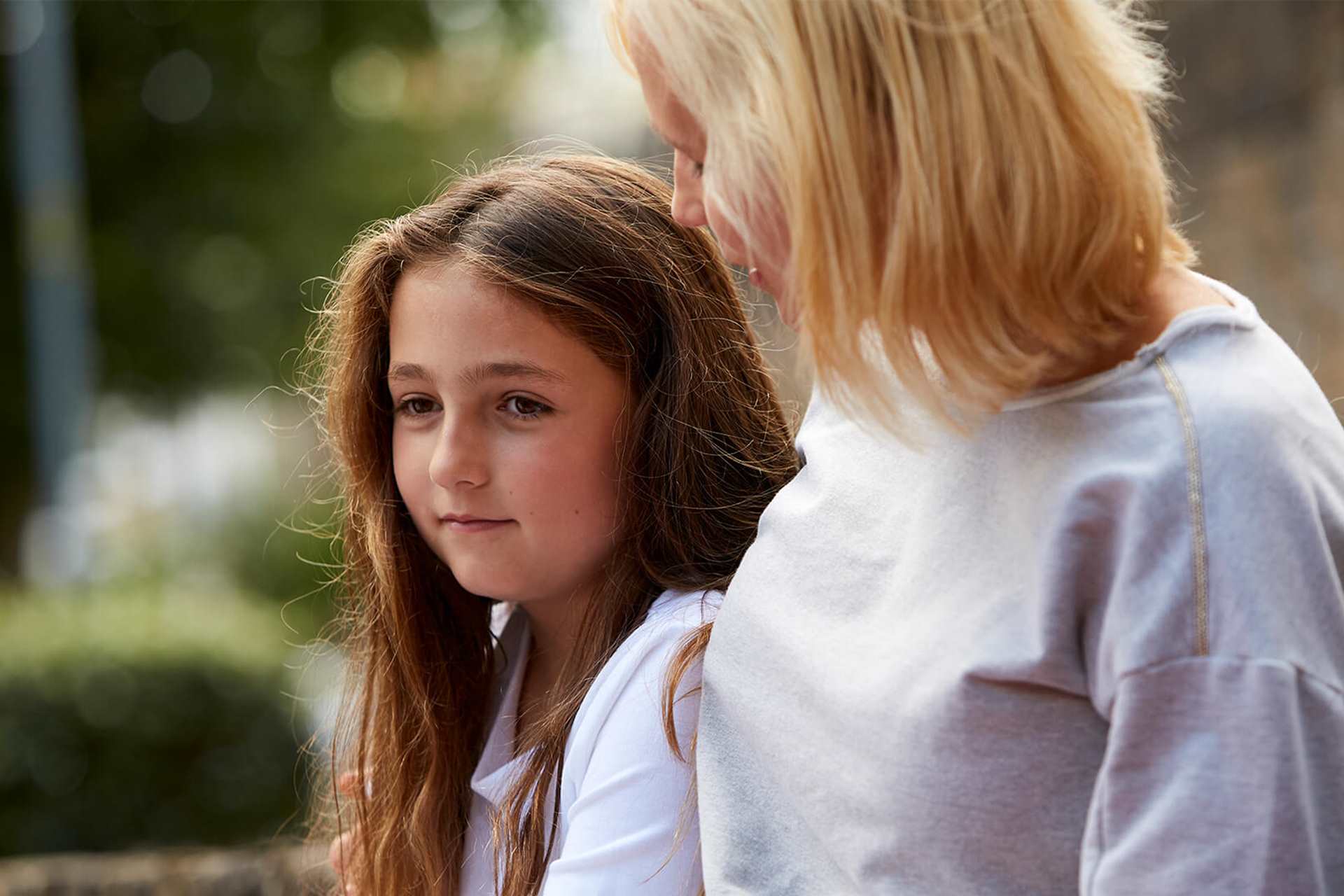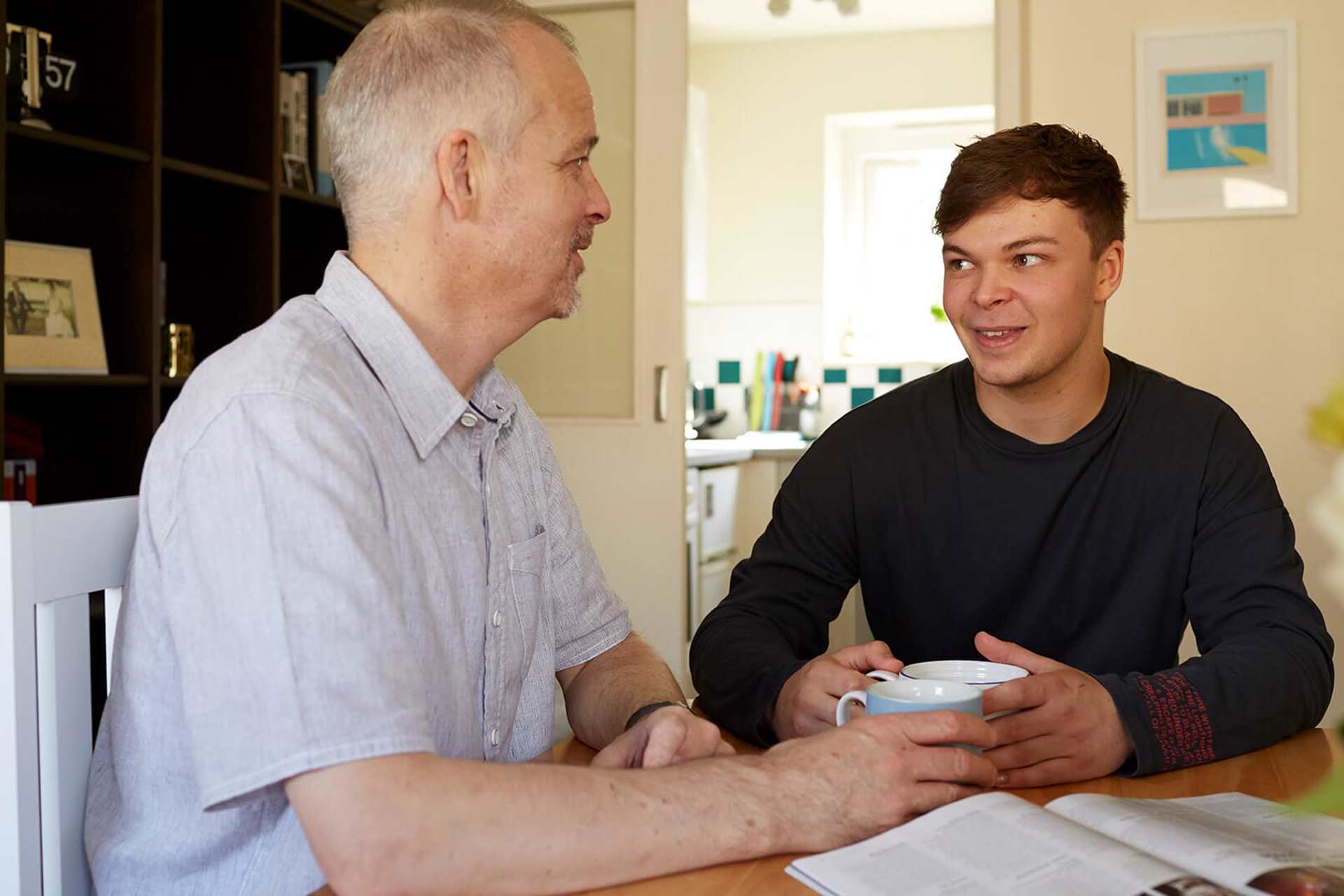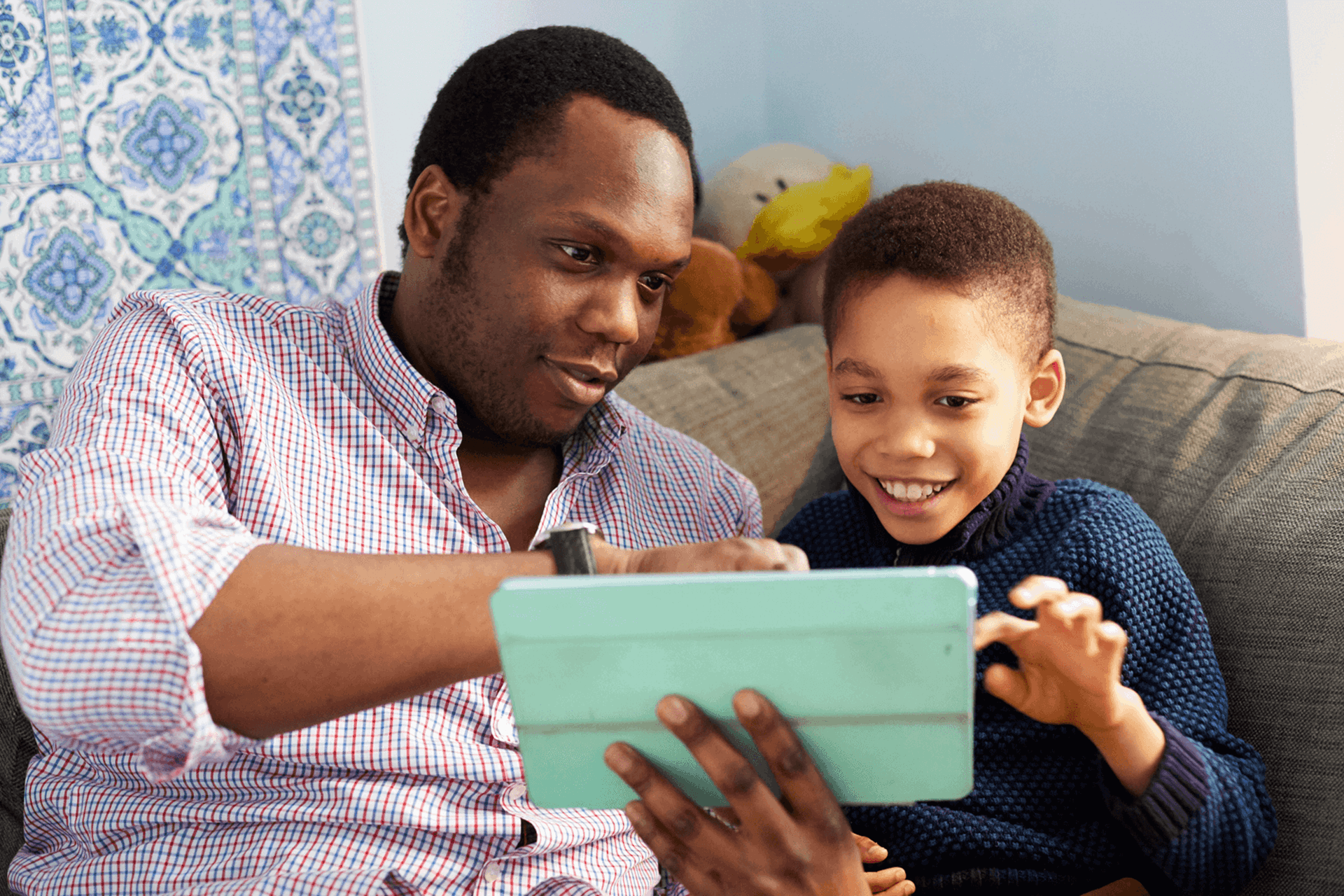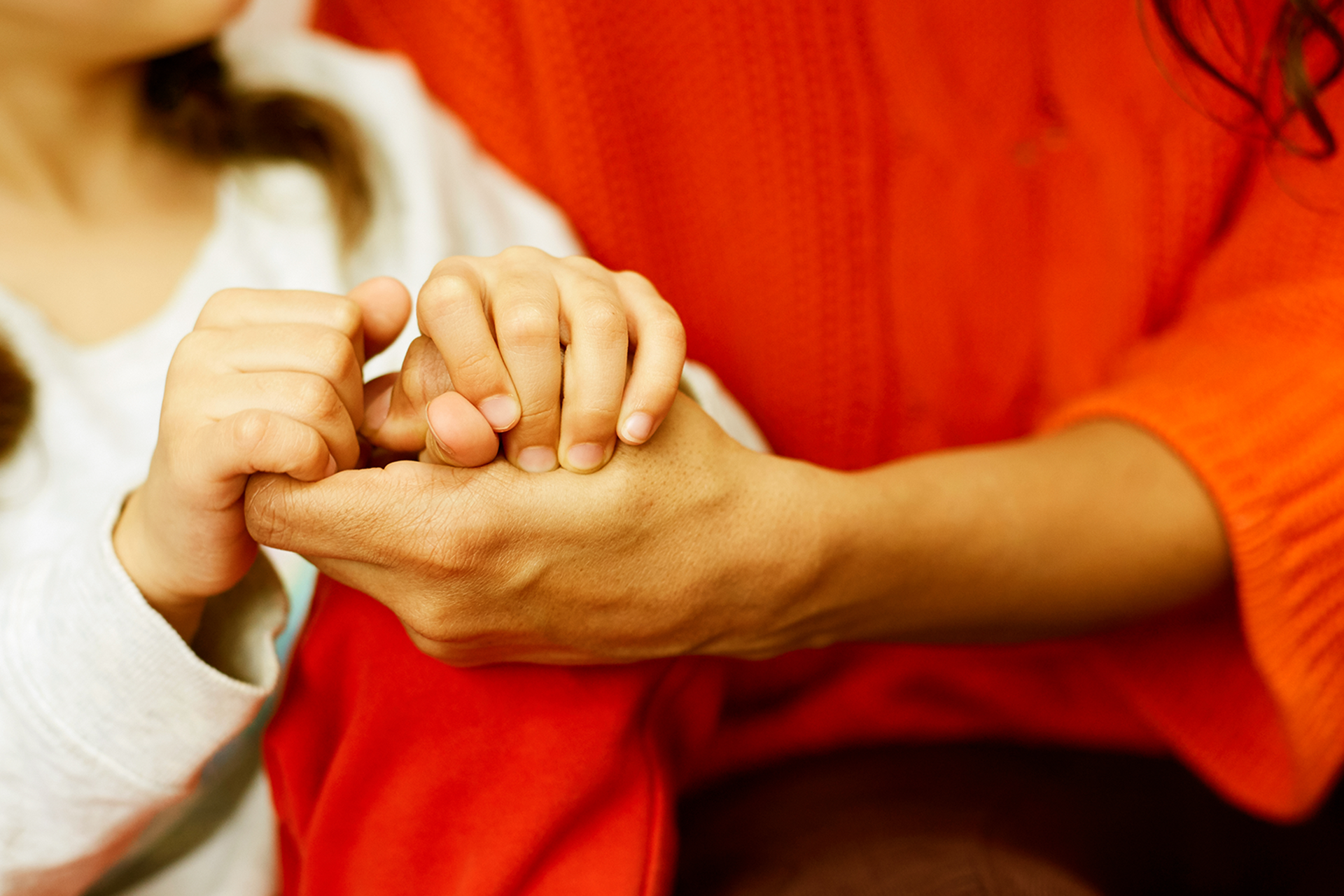Topics mentioned: school anxiety, how to talk to your child about mental health
As the holidays come to a close, for some children, the thought of going back to school can make them feel anxious and nervous. Here are some things you can do to make going back to school easier and less stressful for you and your child.
- Chat about school in your ordinary everyday conversations as the holidays come to an end. Keep it light and keep it positive.
- Ask how they’re feeling about it and whatever they tell you, accept, validate and normalise their feelings - e.g. "You’re right, it is a bit nerve-wracking on your first day back – same for me and work. I bet there are 30 other kids in your class feeling exactly the same."
- Plan a few interesting things to do in the evenings and at weekends in the next term to give them something to look forward to and remind them that school is only a part of their week.
- Establish a routine ‘family feedback’ time where everyone can air and share worries from their day, as well as the fun things that went on. This could happen over dinner time and involve questions like, "What was the silliest moment of your day? What was the most interesting fact you learnt today? Did anyone say anything kind or mean?” Have a look at more of our conversation starters below for ways you can encourage your child to talk about how they’re feeling.
- Teach them some simple breathing/grounding techniques and exercises to use at school if they feel anxious during the day. See below for an example.
Establish a routine ‘family feedback’ time where everyone can air and share worries from their day, as well as the fun things that went on.
Breathing techniques and grounding exercises
Teach your child to do this breathing technique if they start to feel anxious at school. Say to them:
“Take a long, slow breath in through your nose, hold your breath for 1,2,3… breathe out slowly through your mouth. Do this three times.”
This grounding exercise can help your child turn their thoughts outwards and away from their anxious feelings inside:
Look around and name in your head, not aloud, the following:
- Name four sounds you can hear.
- Name your three favourite colours in the room.
- Name two things you can smell.
- Name on thing that’s great about you.
Conversation starters
-
Questions game
Have a little question and answer competition. You can play this in the car or on the walk home from school. See who can ask the other person five questions and get five answers either in the shortest time or before the next traffic light you stop at. Questions could be things like, "What was the best bit of your day?" "Who was the last person you talked to at school?" "What colour socks did (friend’s name) have on today?" "What was the most difficult part of the day?"
Tip: get them to practise not only answering questions, but asking them too.
-
Starter for ten
Start the conversation with something that has changed for you recently, then ask your child about something that has changed for them. For example, "There are three people in my office who are leaving and I’m pretty sad about it…I think one of your friends at school is leaving too aren’t they? How do you feel about that?"
Tip: the aim here is to encourage a two-way conversation, rather than lots of questions and answers.
-
Click send
Write a letter, message or email to a relative or friend of you and your child who you haven’t seen in a while. Encourage your child to write about things they’re doing, and what has changed recently.
Tip: Sharing memories and experiences can highlight how there are new things going on for everyone.
More information and advice
Whatever you're dealing with, you are not alone. Here are some services that can support you and your child.
-
Anxiety UK
Provides information, support and advice for anyone struggling with anxiety.
- Opening times:
- 10.30am-4.30pm, Monday-Friday
-
Family Line
Provides information and support around family issues, as well as longer-term help through Befrienders and Counsellors.
- Opening times:
- 9am - 9pm, Monday - Friday
-
Youth Access
Provides information about local counselling and advice services for young people aged 11-25.
Put in your location and what you need help with into their 'Find help' search, and see what services are available in your area.
Spread the word
